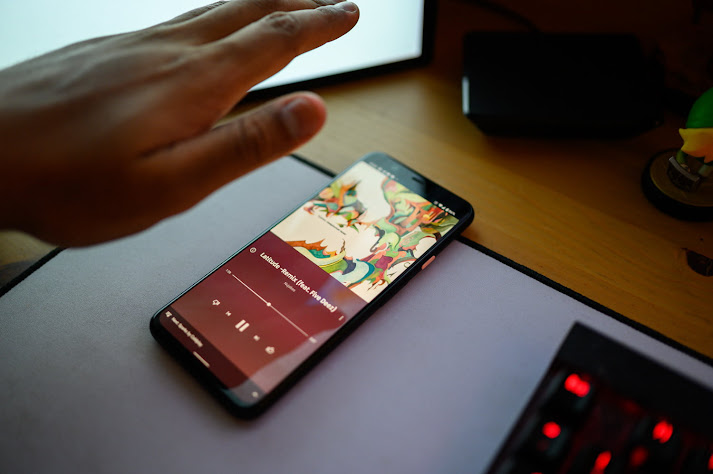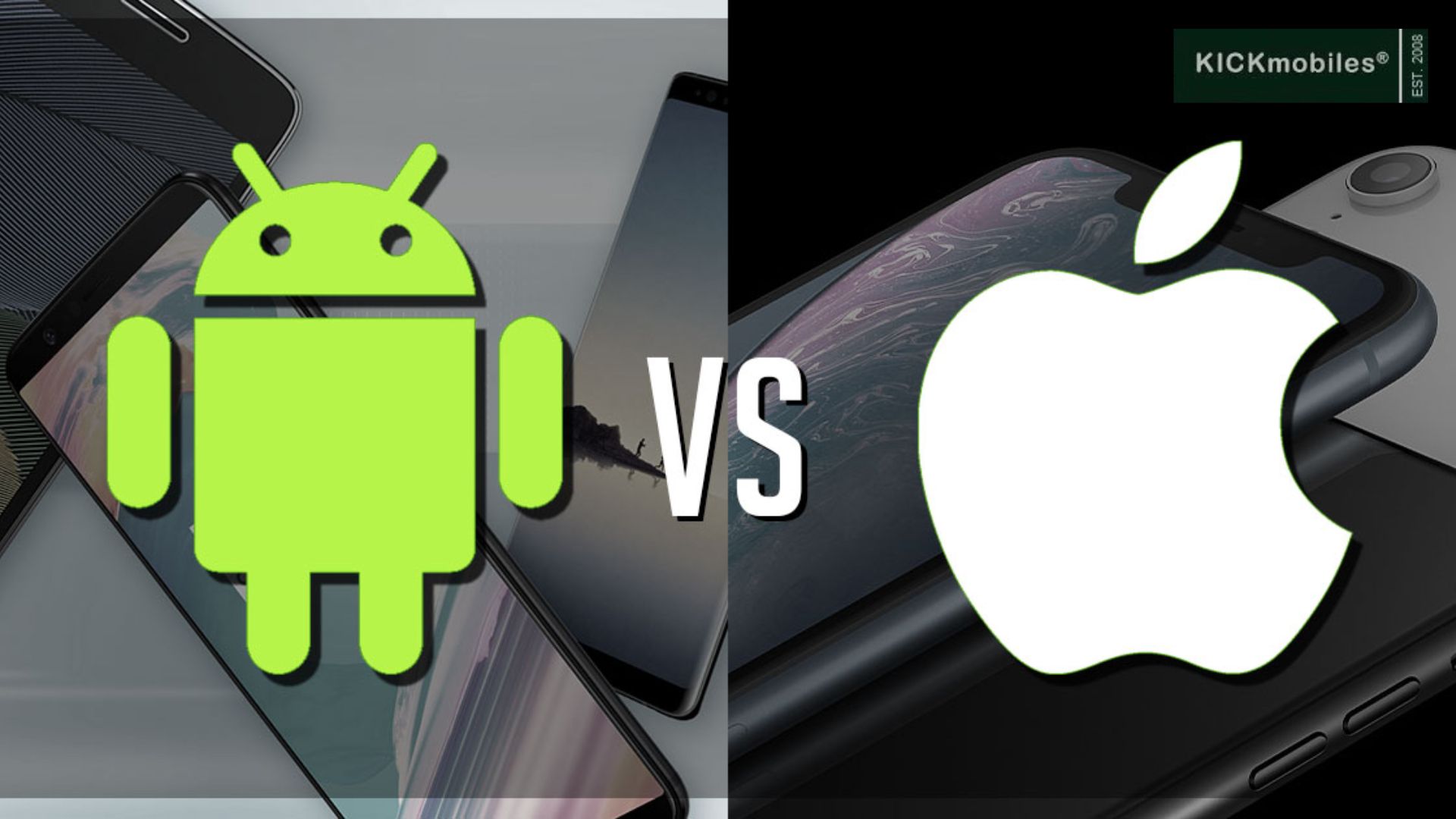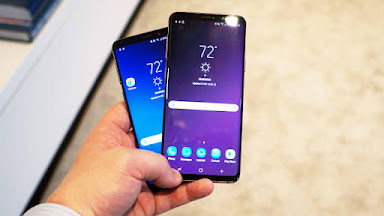What to Look for Before Buying a New Cell Phone?
Choosing the right cell phone can be a daunting task with the wide variety of options available in the market today. From different brands to various features and specifications, it's important to consider several factors before making a purchase decision. To ensure that you invest in a cell phone that meets your needs and preferences, here are some essential aspects to look for before buying a new device.
Operating System:
The operating system (OS) is the software that powers your cell phone, determining its user interface, app compatibility, and overall user experience. The two dominant OS choices are Android and iOS. Android offers a more customizable experience and a wider range of device options, while iOS provides seamless integration with other Apple devices and a curated app ecosystem. Consider your familiarity with the OS, the apps you rely on, and your preference for customization when choosing between Android and iOS.
Performance and Processing Power:
The performance of a cell phone plays a crucial role in delivering a smooth user experience. Look for a device with an efficient processor, such as Qualcomm Snapdragon or Apple A-series chips, to ensure fast and responsive performance. Additionally, consider the RAM (random access memory) capacity, as it affects multitasking capabilities and overall speed. Higher RAM is beneficial for running multiple apps simultaneously and switching between them effortlessly.
Display Quality and Size:
The display is one of the most prominent features of a cell phone, as it determines the visual experience when using your device. Consider the display size, resolution, and panel type (LCD or AMOLED) to suit your preferences. Larger displays are suitable for multimedia consumption and gaming, while smaller ones offer greater portability. Higher resolution ensures sharper visuals and AMOLED panels provide vibrant colors and deep blacks.
Camera Quality:
For many users, the camera has become a crucial aspect of a cell phone. Assess the camera specifications, including megapixel count, aperture size, and additional features like optical image stabilization (OIS) and night mode. A higher megapixel count doesn't always guarantee better image quality, so consider reviews and sample photos to gauge the camera performance. If you enjoy photography or prioritize capturing high-quality images, look for a device with a reputable camera system.
Battery Life and Charging:
A long-lasting battery is essential to keep your cell phone powered throughout the day. Check the battery capacity and consider the device's power efficiency. Additionally, look for features like fast charging or wireless charging, which can save time and provide convenience. Consider your daily usage patterns and opt for a cell phone with a battery that can comfortably meet your needs.
Storage Options and Expandability:
Evaluate the available storage options and consider your usage requirements. Some cell phones offer different storage variants, allowing you to choose the capacity that suits your needs. Additionally, check if the device supports expandable storage through microSD cards. This feature can be valuable if you frequently capture photos or videos or store large files on your phone.
Connectivity and Network Support:
Ensure that the cell phone you choose supports the necessary connectivity options and network bands. Most modern smartphones offer 4G LTE connectivity, but if 5G networks are available in your area or you plan to upgrade to 5G soon, consider a device that supports this advanced network technology. Additionally, check for Wi-Fi standards, Bluetooth versions, and NFC capabilities based on your usage requirements.
Price and Budget:
Finally, determine your budget and consider the price range that fits your financial constraints. Cell phones come in a wide range of prices, from budget-friendly options to high-end flagship devices. Assess the features and specifications that matter most to you and find a balance between affordability and desired functionality. It's worth considering last year's models as well, as they often offer a similar experience at a lower price point.
Conclusion:
When purchasing a new cell phone, it's crucial to consider several factors to ensure that you make an informed decision. Evaluate the operating system, performance, display quality, camera capabilities, battery life, storage options, connectivity, and your budget before finalizing your purchase. By taking the time to research and compare different options, you can find a cell phone that suits your needs, preferences, and lifestyle, ultimately enhancing your overall smartphone experience.





Comments